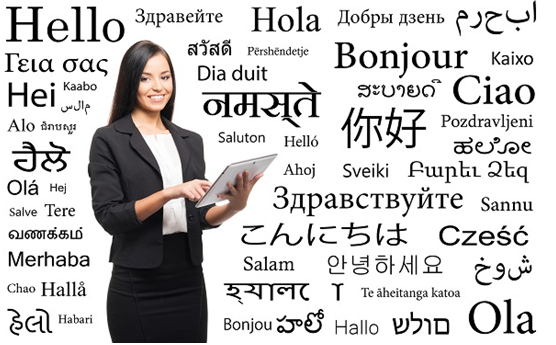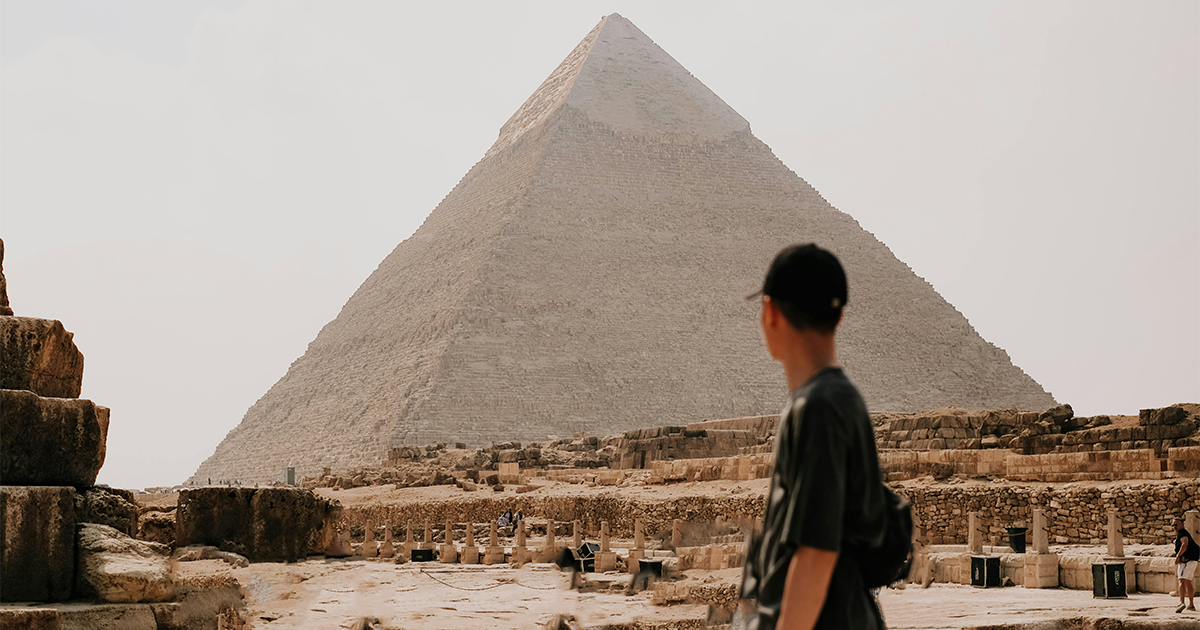The Arabic language can be a difficult language to learn. There are two major subcategories of Arabic: Modern Standard Arabic and Colloquial Arabic.
Modern Standard Arabic is used mainly for written communications or for speaking in formal settings such as speeches, meetings, classrooms, etc.
MSA is uniform across countries in the Middle East, Africa and Asia where Arabic is the predominant language.
Those new to the Arabic language are encouraged to learn Modern Standard Arabic because it is widely spoken and understood and are not specific to any one region or country.
When learning Arabic, it is also recommended that students learn the dialect of Arabic specific to the country or region they plan on visiting or doing business in. This is known as Colloquial.
Aside from Modern Standard Arabic, many Arabic speaking countries have developed their own dialect.
After learning the basics of Modern Standard Arabic, students should study and learn the specific dialect spoken in the country they’ll be travelling to.
Arabic Dialects
The different Arabic dialects are a result of the mingling of Arabic with the local, native language. Over the last few hundred years, new words, pronunciations and structure has brought the diversification of the Arabic language.
The list below highlights the different dialects one will come across when traveling to the Middle East, Africa and parts of Asia:
- Egyptian Arabic – Perhaps the most widely understood across all Arab speaking countries.
- Sudanese Arabic
- Levantine Arabic – This dialect is spoken in Palestine, Lebanon, Syria and the western part of Jordan.
- Gulf Arabic –This dialect is spoken in the Gulf coast portion of the Arabic Peninsula, from Kuwait to Oman
- Najdi Arabic – This dialect is spoken in rural desert areas of central Saudi Arabia.
- Yemeni Arabic
- Iraqi Arabic
- Hijazi Arabic – This dialect is spoken in the western portion of Saudi Arabia, in an area called the Hejaz region.
- Maghreb Arabic –This dialect is spoken in Algeria, Tunis, Morocco, and in the western portion of Libya.
- Hassaniiya – This dialect is spoken in Mauritania
- Maltese
Not only are there so many dialects spoken, there are limited amounts of plays, books and poetry in many of the dialects. The limited amount of the written form of the dialect can make it more challenging for non-native Arabic speakers.
Get Started Today!
Modern Standard Arabic is the best form of Arabic for Arabic language learners to start with. It is the most widely spoken form of Arabic and will likely be the form of Arabic that will be heard abroad.
At Arab Academy, students are offered quality online Arabic courses taught by native Arabic speakers. We offer both Egyptian Colloquial and Modern Standard Arabic courses. Whether you’re traveling to the Middle East or just looking to pick up a new language, Arab Academy can help you quickly and effectively learn Arabic.







